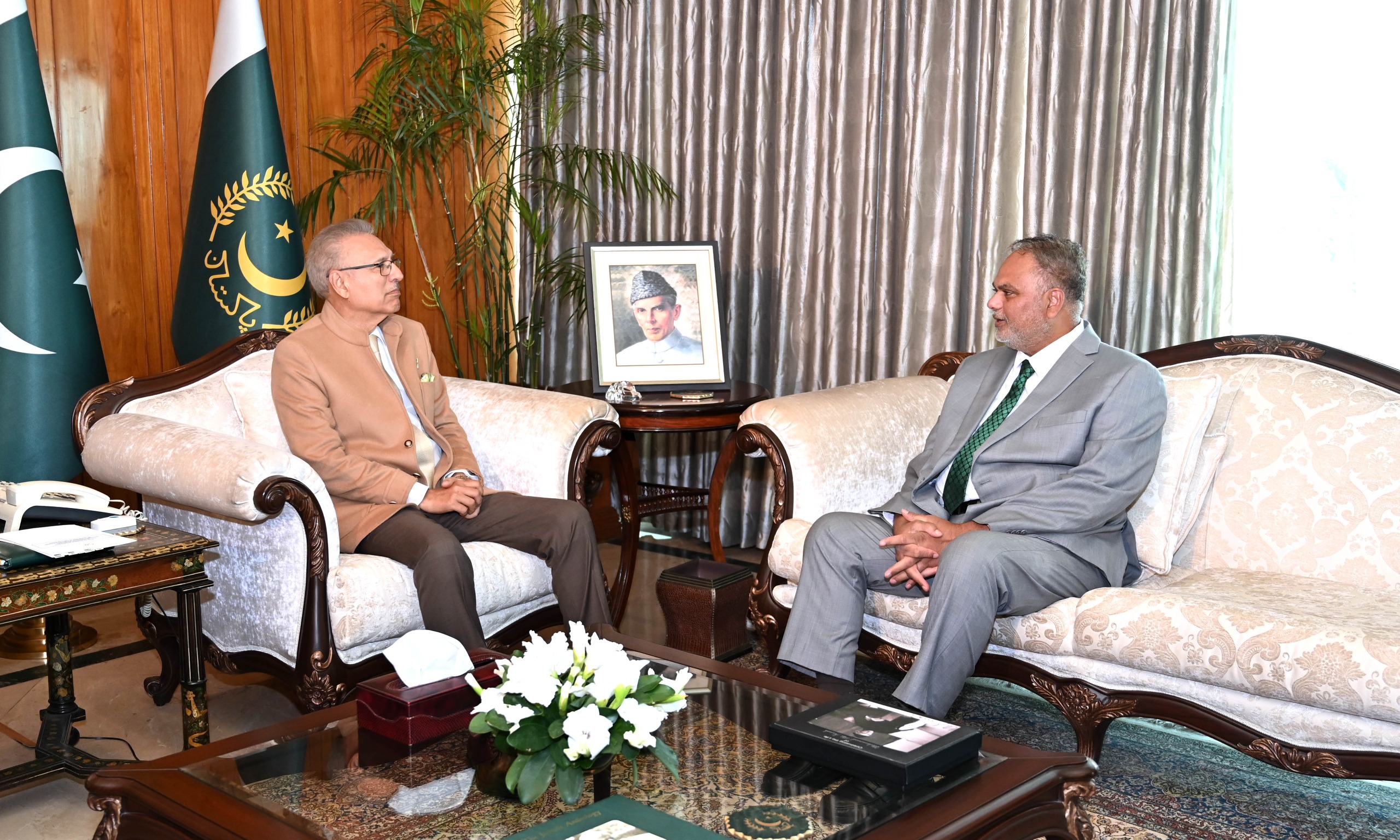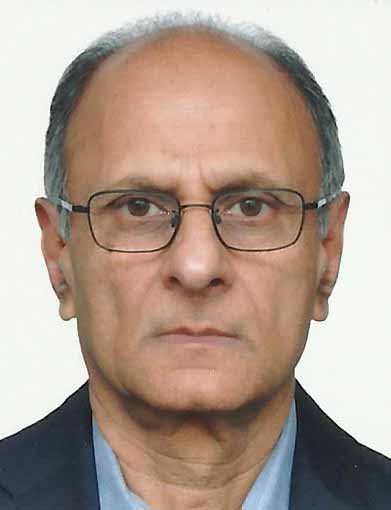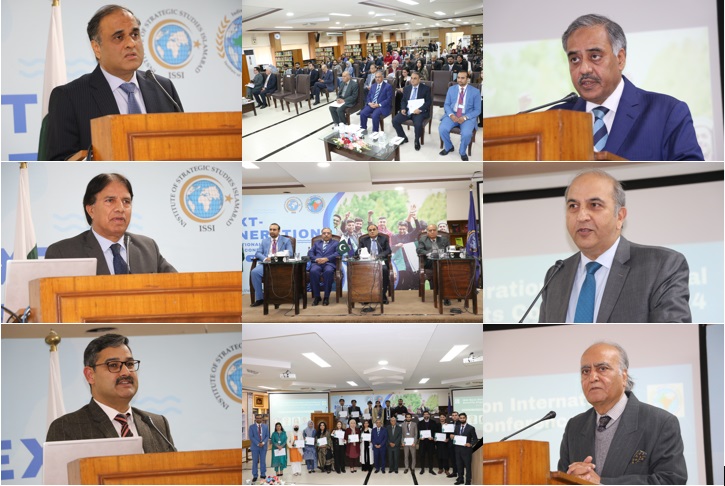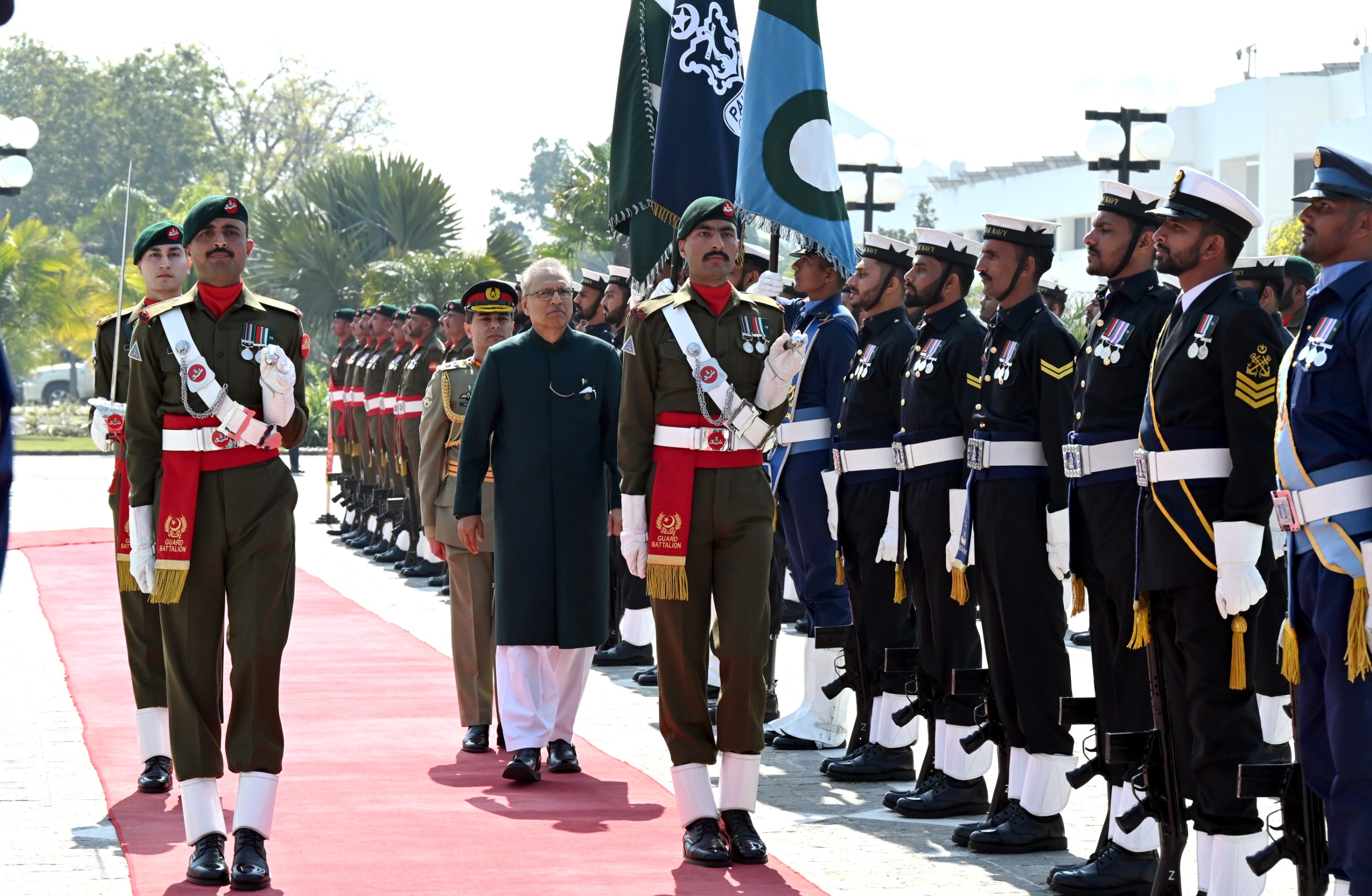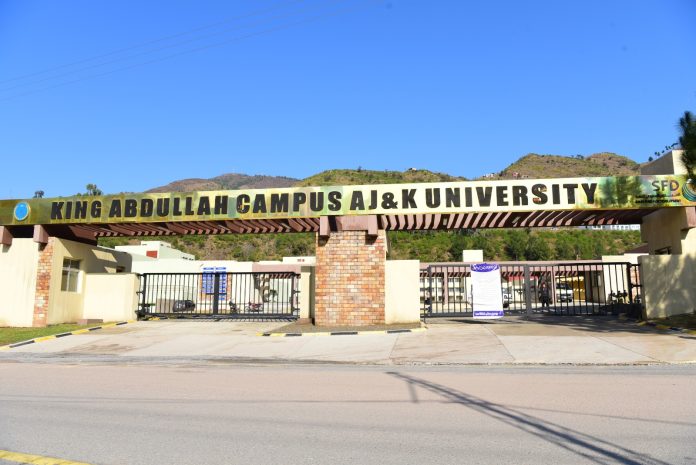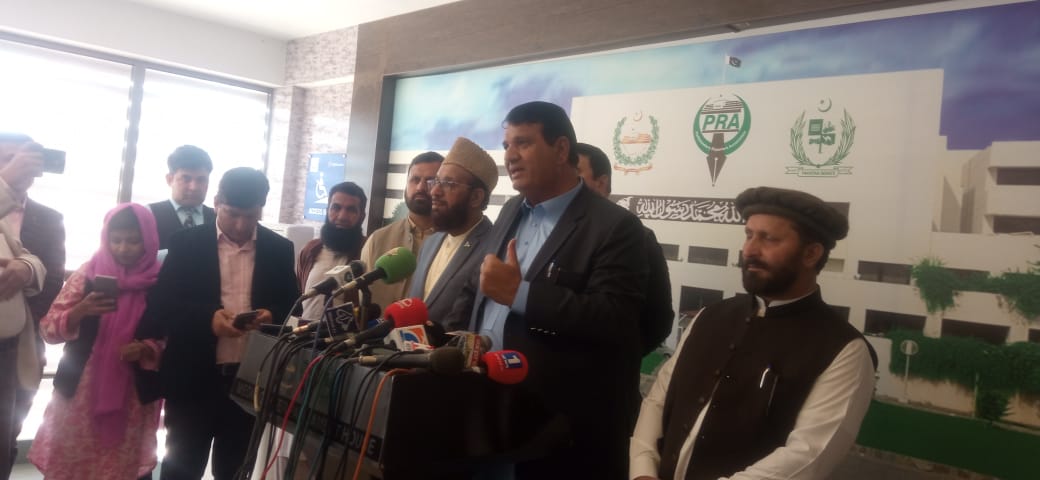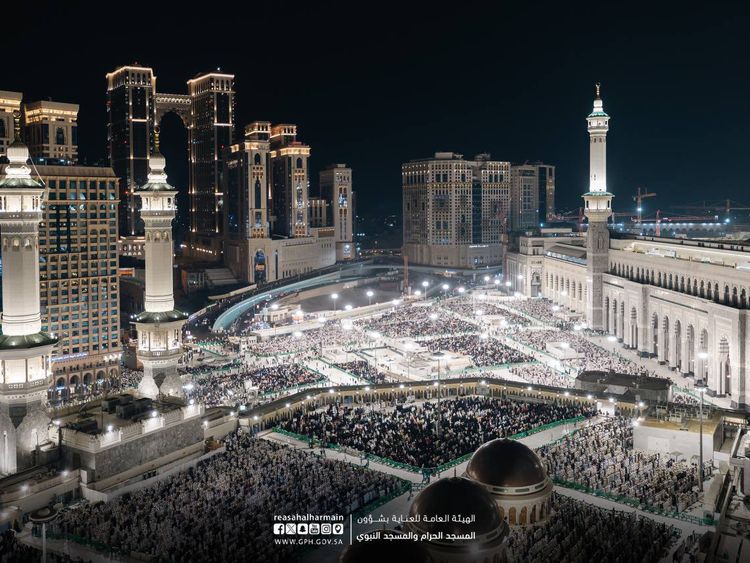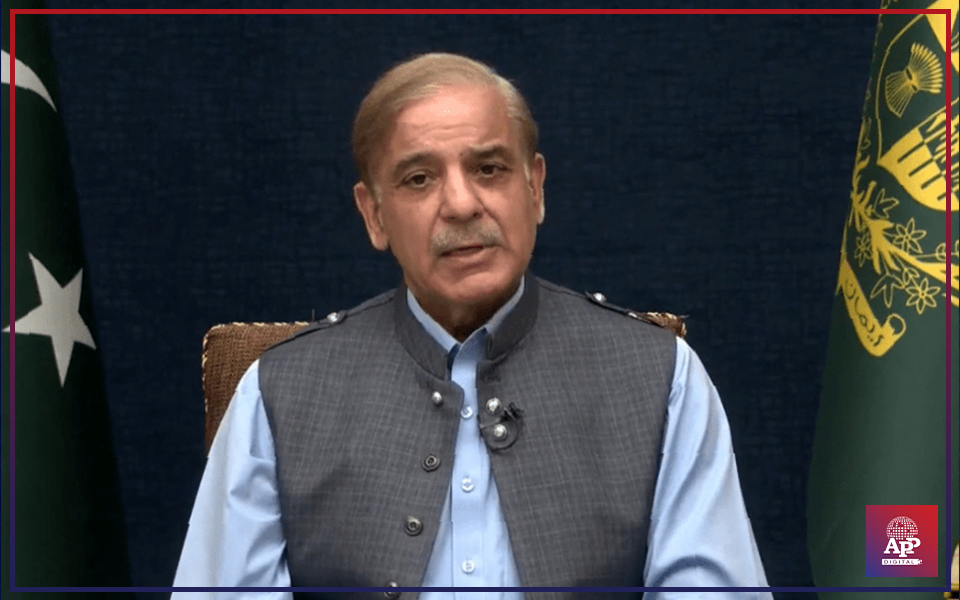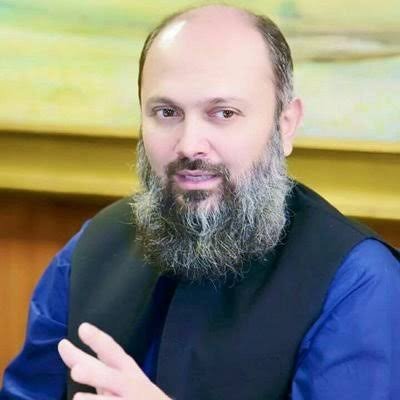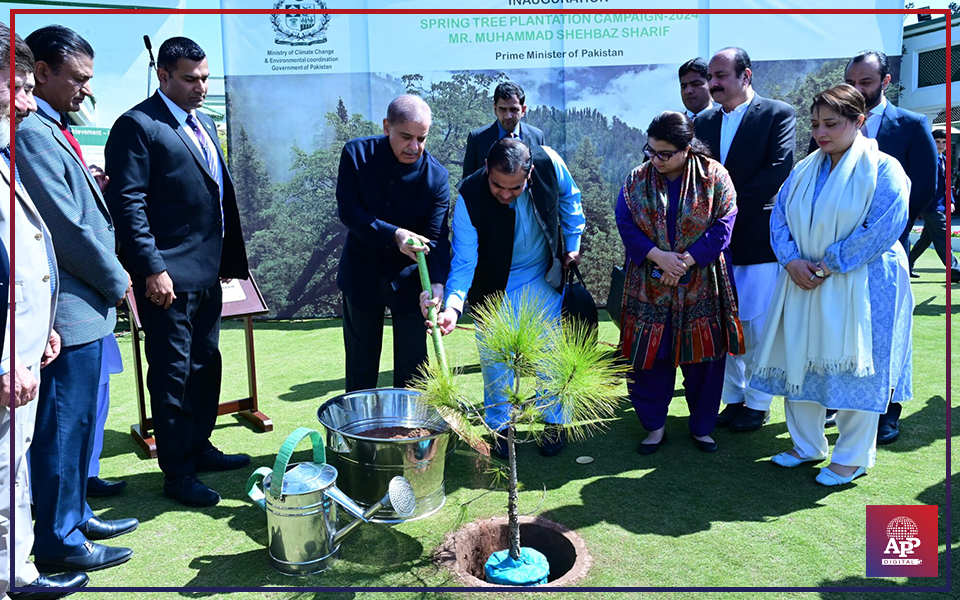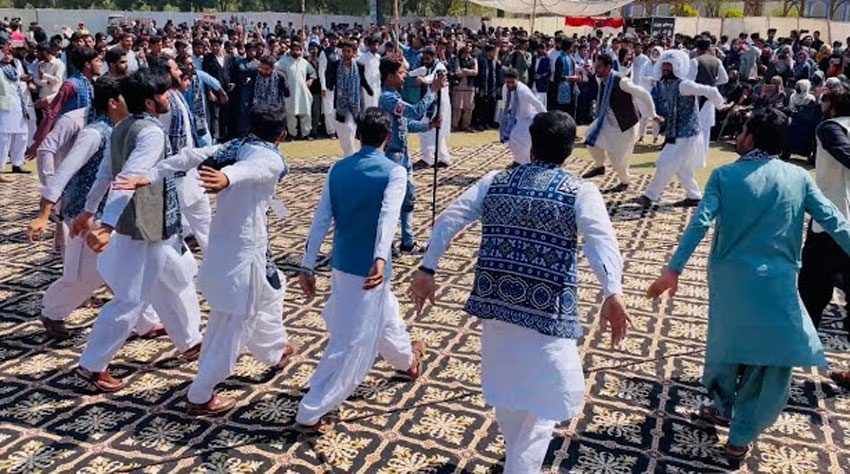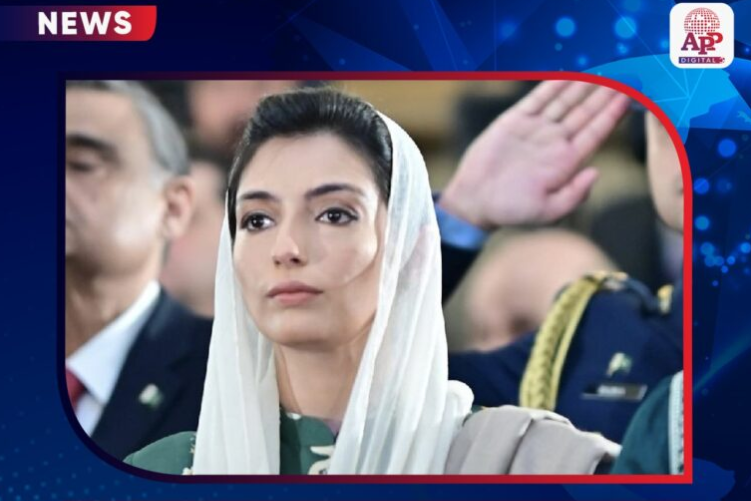ISLAMABAD, April 27 (APP): Prime Minister Muhammad Shehbaz Sharif on Saturday will travel to Riyadh, Kingdom of Saudi Arabia to participate in a two-day special meeting of the World Economic Forum (WEF) on ‘Global Collaboration, Growth and Energy for Development’.
The prime minister was invited to attend the WEF meeting by Crown Prince and Prime Minister of Kingdom of Saudi Arabia Mohammed bin Salman Al Saud and WEF Founder and Executive Chairman Professor Klaus Schwab.
The prime minister will be accompanied by the key members of the federal cabinet, PM Office Media Wing said in a press release.
During the meeting, the prime minister would spell out Pakistan’s perspective on health, financial technologies, information technology, comprehensive development, regional cooperation and an equitable and sustainable use of energy for the global progress.
On the sidelines of the WEF meeting, he is also expected to hold bilateral meetings with the global leaders, head of world bodies and other important personalities.
About 1,000 leaders from business, government and academia will participate in the Special Meeting on Global Collaboration, Growth and Energy for Development, WEF said in a press statement.
The meeting, 28–29 April 2024, will focus on new pathways to reinvigorate growth globally amid the challenges posed by an increasingly fragmented geopolitical and economic environment.
“Building on the inaugural Growth Summit, held in Geneva, Switzerland last year, the meeting, 28–29 April 2024 held in Riyadh, Saudi Arabia, will revolve around three themes: revitalizing global collaboration; a compact for inclusive growth; and catalysing action on energy for development,” it was added.
The event bridges the growing North-South divide, which has further widened on issues such as emerging economic policies, the energy transition and geopolitical shocks.
The statement further says that the meeting’s programme includes a variety of pressing global issues. Topics include geopolitical upheavals notably the conflicts in Ukraine and Gaza; defining and designing new types of economic growth and job creation to improve living standards globally; advancements in artificial intelligence and other emerging technologies; the restructuring of supply chains; and the need to advance an equitable and sustainable energy transition.
